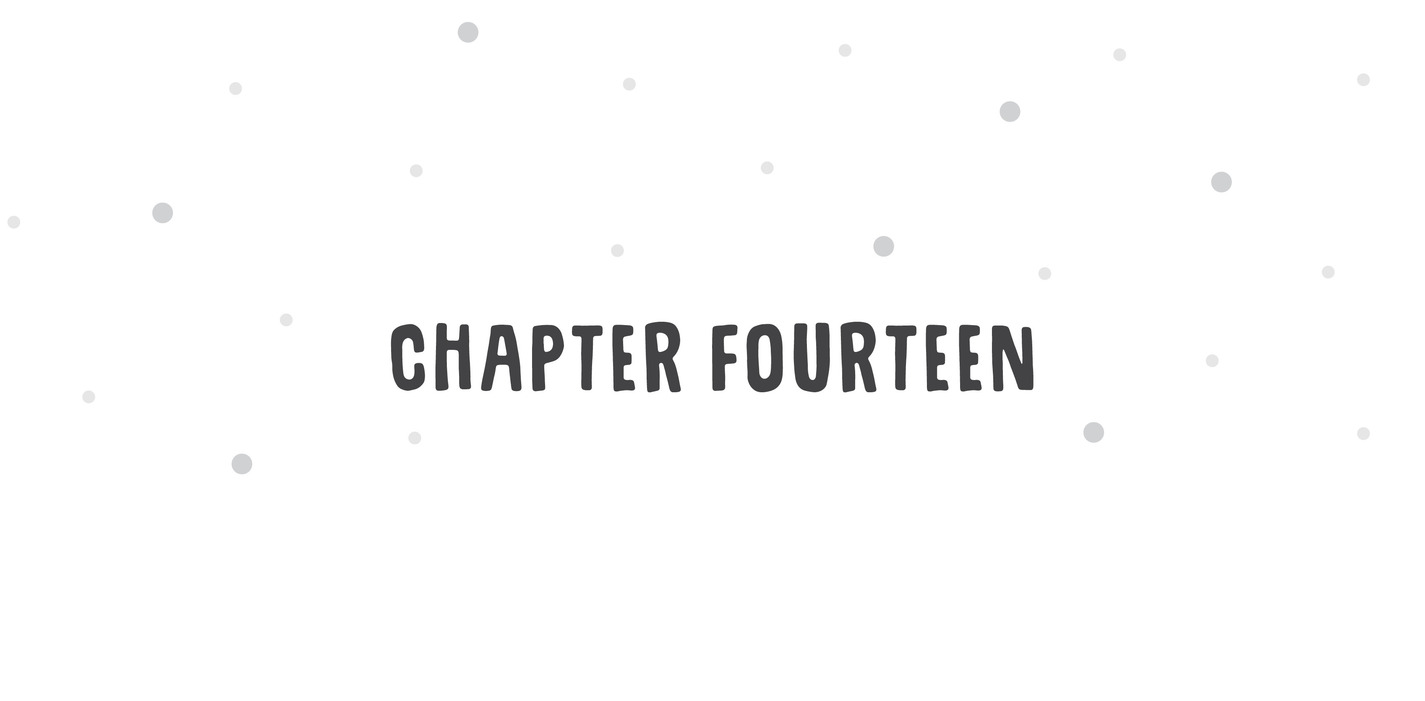
However much I pleaded and scoffed, nothing would convince Roxy Minto that she had not had an encounter with a witch.
If you’re convinced of something, I guess it’s easy to become stubborn about it if the alternative is admitting that you were wrong and a bit childish.
“Well, obviously she’s not going to wear a black hat and have warts. That would just give the game away, wouldn’t it?” she declared.
“Oh, so the fact she doesn’t look much like a witch proves she’s a witch, does it?” I said in exasperation. “So what if she had had a black, pointy hat? What would that prove? That she wasn’t a witch?”
She ignored this logic. “And she’s got a cauldron and a black cat!”
“Black and white, Roxy,” I said wearily.
“So what?”
Everything I said was batted back to me with wide-eyed innocence. Our voices were getting louder and it was becoming an argument, which I didn’t want because Roxy was daring and fun.
“I can prove it, you know,” she said, and then her phone rang: a jolly, tinkly-tonkly tune on the piano that somehow suited Roxy perfectly. She glanced at the screen but didn’t pick it up. I looked at her quizzically.
“It’s my mum. Gotta go.”
I’d barely noticed that Roxy had been alone all this time. I mean, wherever I am, usually there’s a parent kicking around somewhere in the background: bringing out juice, checking you’re wearing a warm top or not running with scissors—just being parentish. But Roxy had been parentless all day.
Her phone rang out and went to voicemail.
“Where is your mum?” I asked.
Roxy jerked her head in the direction of the house. “Inside.”
“And she’s phoning you?”
She let out a deep sigh as she jumped down from her chair and stood up. “Long story. Another time, eh?”
It was as if Roxy had been pricked with a pin and her sigh was all the air escaping, along with her fun and liveliness and everything else. I would swear that even her sticky-up hair lay flatter on her head. She locked the door to the garage and put the key under a stone. She said nothing: she knew I was watching, so I knew I was trusted.
She turned and a flicker of light returned to her eyes when she said, “Midnight.”
“Tonight?”
“No. In ten years’ time. Of course tonight.” She turned to slip through the gap in the fence. “It’s the witching hour,” she said, and then she was gone, leaving me staring into the thick woods, trying to piece together what had been going on.
Roxy had said, “I can prove it, you know.”
What did she mean by that? Was it, “I can prove it: she did a magic spell,” which of course would be yet more nonsense?
But there was something in the way she said it, a light of certainty in her eyes, which I couldn’t stop thinking about.
You see, I was on the point of dismissing Roxy as a harmless crazy: we’d have been friendly but not “friends,” the boy and the woman in the forest cottage would have been left in peace, and Roxy would have grown out of her belief in the “witch in the woods.”
But then the disaster happened, and Roxy and I became the last people to see the witch alive.